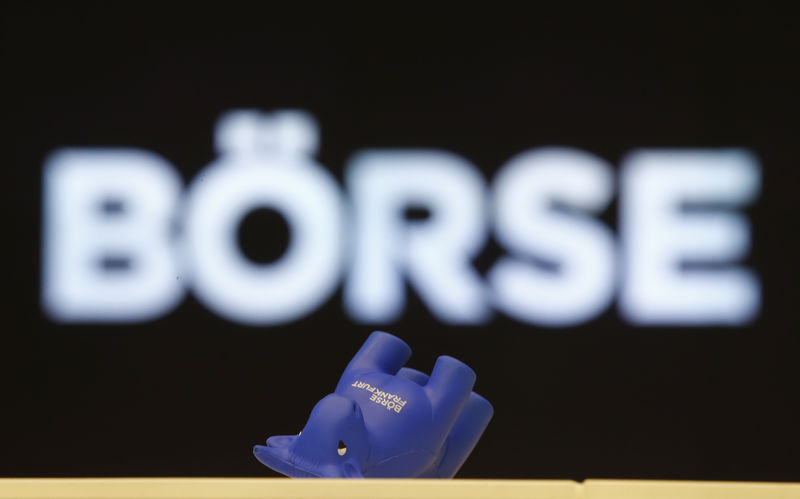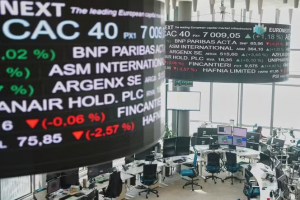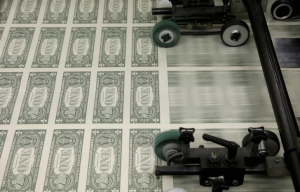European stock markets drifted lower Wednesday, paring some of the previous session’s China-inspired gains amid concerns over the region’s growth outlook.
At 03:05 ET (07:05 GMT), the DAX index in Germany traded 0.7% lower, the CAC 40 in France fell 0.7% and the FTSE 100 in the U.K. dropped 0.4%.
Growth concerns return The major European indices posted strong gains on Tuesday on the back of the announcement from Beijing of the biggest and broadest stimulus measures to boost the Chinese economy, a major European export market, since the pandemic.
However, investors are now questioning the impact on broader markets given the ongoing worries about the global growth outlook.
Data released earlier this week pointed to a weakening in US consumer confidence, while eurozone business activity contracted sharply and unexpectedly this month, raising fears of a recession later in the year.
Germany's economy contracted 0.1% in the second quarter and a downturn in the third would meet the technical definition of a recession - two consecutive quarters of contraction.
The European Central Bank cut its key interest rates by 25 basis points earlier this month, after a similar move in June, and this slowdown could raise bets on further policy easing in October.
Orange to delist from NYSE In the corporate sector, Orange (EPA:ORAN) has announced its intention to delist its shares from the New York Stock Exchange, with the French telecom operator citing the financial cost of the secondary listing.
Rightmove (OTC:RTMVY) stock fell 1.6% after the British real estate portal rejected a sweetened $8.1 billion takeover proposal from Australian property listing firm REA Group, saying the bid undervalued the company.
Crude hands back gains Crude prices slipped lower Wednesday, as traders reassessed the likely impact of fresh monetary stimulus from top importer China.
By 03:05 ET, the Brent contract dropped 0.3% to $74.23 per barrel, while U.S. crude futures (WTI) traded 0.4% lower at $71.25 per barrel.
Both benchmarks soared just under 2% on Tuesday after China announced its most aggressive economic stimulus since the COVID-19 pandemic.
However, this optimism is waning as traders look for more help to boost the economic outlook for the world's largest importer of crude.
Declining U.S. crude oil stockpiles provided some support for the market, as data from the American Petroleum Institute showed on Tuesday that crude inventories fell by 4.34 million barrels last week.
The official numbers from the Energy Information Administration are due later in the session.













